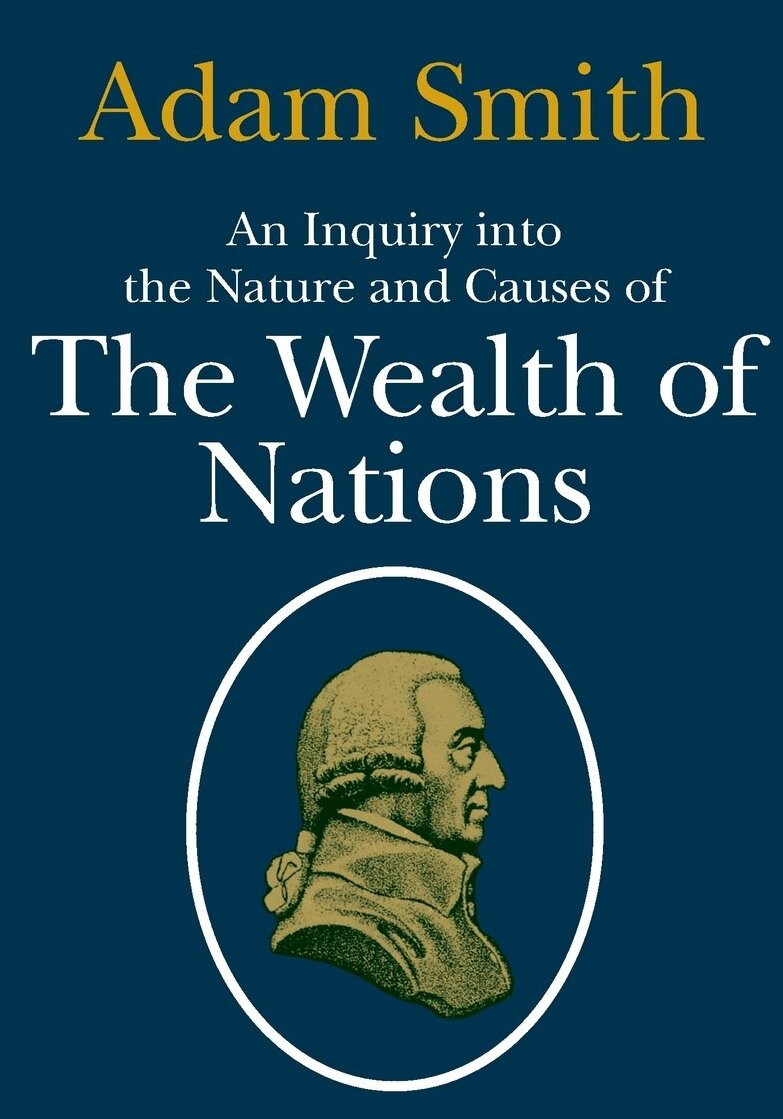
An Inquiry into the Nature and Causes of the Wealth of Nations
Adam Smith
11 Key ideas
32 MINS
4.5 (2.3k)
Economics
Want to understand the intricate dance of society's expenses and the economic ballet of supply and demand?
Intrigued by the historical role of the church in education and governance, church-state relations and the evolution of public institutions?
Dive in to explore how societies balance funding essential services with promoting public goods, and how the sovereign's representation matches the country's values and status.
Want to understand the intricate dance of society's expenses and the economic ballet of supply and demand?
Intrigued by the historical role of the church in education and governance, church-state relations and the evolution of public institutions?
Dive in to explore how societies balance funding essential services with promoting public goods, and how the sovereign's representation matches the country's values and status.


Want to understand the intricate dance of society's expenses and the economic ballet of supply and demand?
Intrigued by the historical role of the church in education and governance, church-state relations and the evolution of public institutions?
Dive in to explore how societies balance funding essential services with promoting public goods, and how the sovereign's representation matches the country's values and status.
Key Ideas
Read | Listen - Full summary
About Author
Adam Smith was a Scottish economist, philosopher, and author who lived during the 18th century. Widely regarded as the father of modern economics, he is best known for his seminal work "An Inquiry into the Nature and Causes of the Wealth of Nations," often abbreviated as "The Wealth of Nations." Published in 1776, this book laid the foundations for classical economics and introduced key concepts such as the division of labor, the invisible hand, and free market principles. Smith's ideas have had a profound influence on economic thought and policy-making for centuries.
Learn Key Ideas from 9000+
non-fiction books in 15min.



